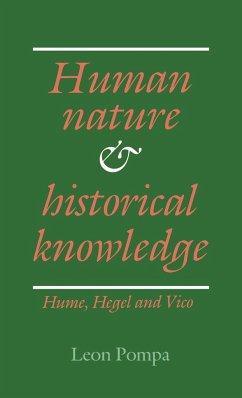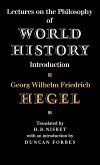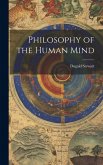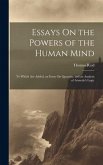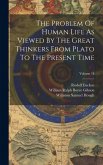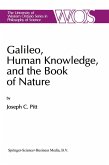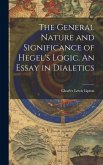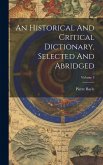This book presents a study of the nature and conditions of historical knowledge, conducted through a study of the relevant theories of Hume, Hegel and Vico. It is usually thought that in order to establish historical facts, we have to have a theory of human nature to support our arguments. Hume, Hegel and Vico all subscribed to this view, and are therefore discussed in detail. Professor Pompa goes on to argue that there is in fact no way of discovering anything about human nature except through historical investigation. It is necessary therefore to find a different way of thinking about how we discover historical facts. This is done in the last chapter where, in opposition to almost all present views, it is argued that we must have a framework of inherited knowledge before we can believe in anything which results from historical enquiry.
Table of contents:
Introduction; 1. Hume: the constancy of human nature; 2. Hegel: the self-development of reason; 3. Vico: the ideal eternal history; 4. Conclusion; Bibliography; Index.
This book is about the presuppositions of historical knowledge. It rejects the view, held by Hume, Hegel and Vico, that historical knowledge presupposes a theory of human nature, in favour of the view that the discovery of new historical knowledge assumes the inheritance of a body of knowledge sufficient to constitute a determinate sense of the past.
This is a challenging book about the presuppositions of historical knowledge.
Hinweis: Dieser Artikel kann nur an eine deutsche Lieferadresse ausgeliefert werden.
Table of contents:
Introduction; 1. Hume: the constancy of human nature; 2. Hegel: the self-development of reason; 3. Vico: the ideal eternal history; 4. Conclusion; Bibliography; Index.
This book is about the presuppositions of historical knowledge. It rejects the view, held by Hume, Hegel and Vico, that historical knowledge presupposes a theory of human nature, in favour of the view that the discovery of new historical knowledge assumes the inheritance of a body of knowledge sufficient to constitute a determinate sense of the past.
This is a challenging book about the presuppositions of historical knowledge.
Hinweis: Dieser Artikel kann nur an eine deutsche Lieferadresse ausgeliefert werden.

